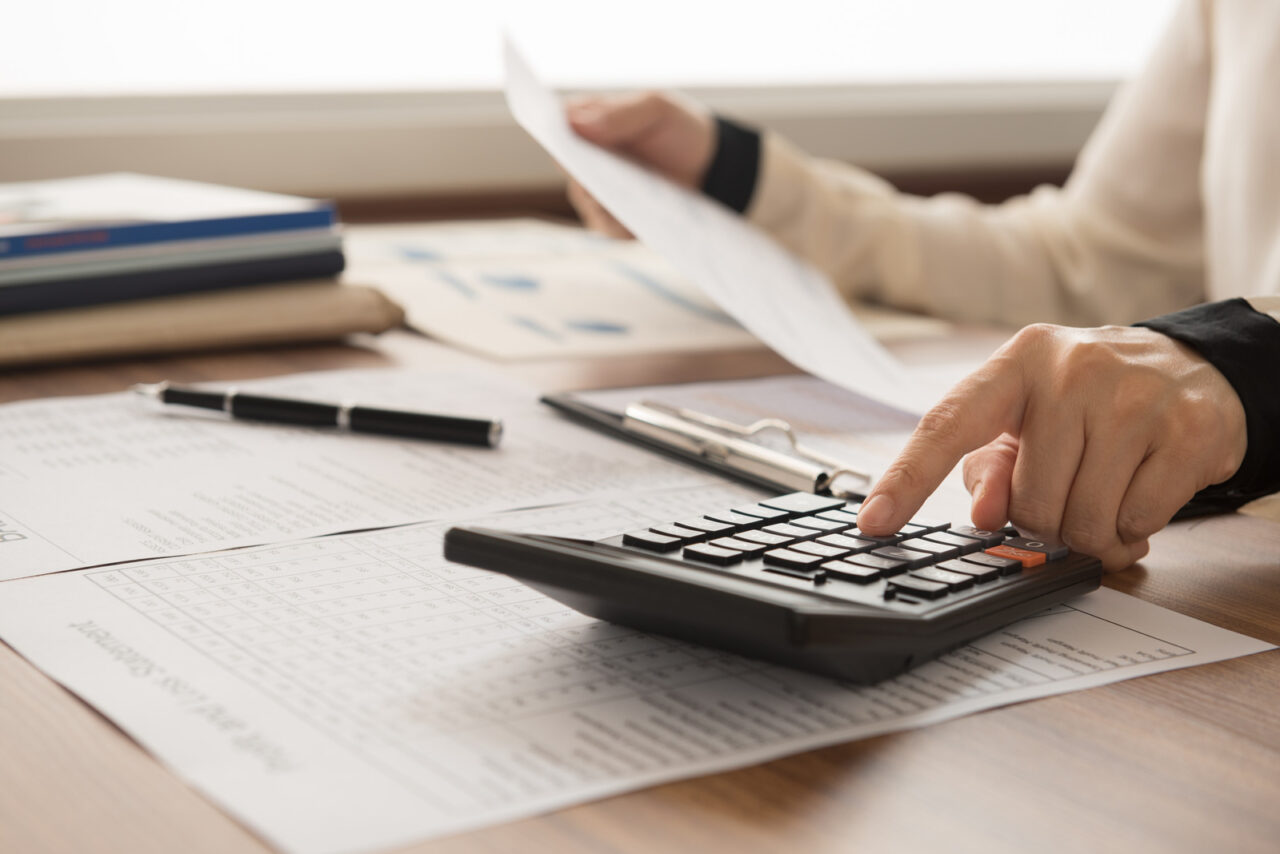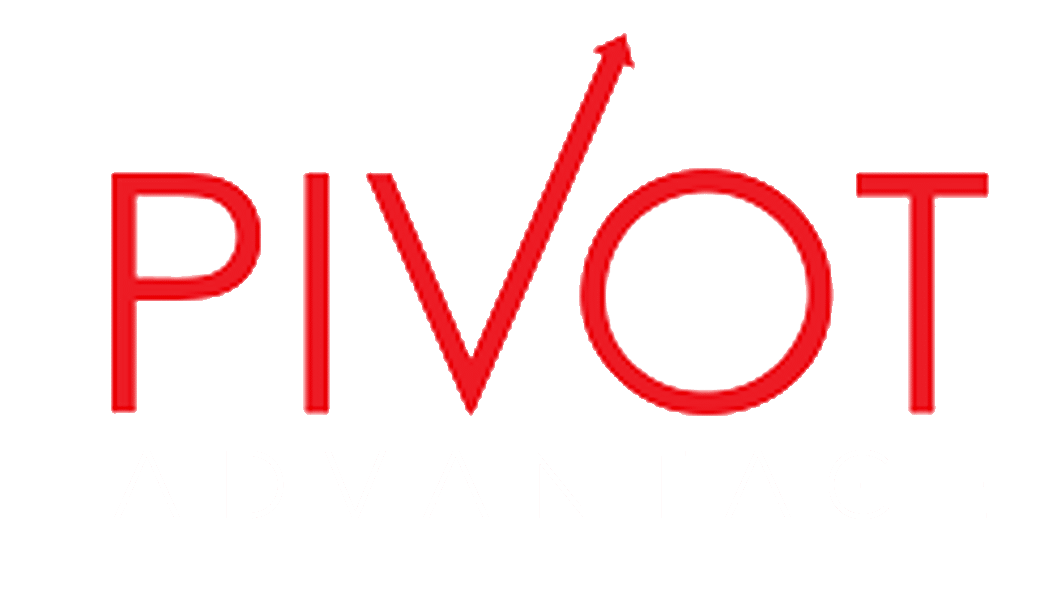Canada has approximately 1.3 million businesses with employees. And a further 2.9 million Canadians are self-employed. But whether you run your own business, are self-employed, or work as a freelancer, you’ll benefit from the services of a tax accountant.
A tax accountant specializes in all tax matters as well as all accounting matters. They will help you to understand your tax obligations and comply with tax regulations. But to ensure that you get the most out of it, there are 10 questions to ask your tax accountant.
1. Am I Tax Compliant?
If you need clarification on your tax compliance, ask your tax accountant to check this. Many people are unwittingly filing and paying their taxes incorrectly, and this is usually attributable to a lack of information. However, this excuse will not suffice should you receive a penalty for non-compliance.
A tax accountant is qualified to answer all questions about accounting and taxes. Whether you run a business with several employees or work for and by yourself, you must pay taxes. But the kind of taxes and the amount you pay will vary.
As an individual, understanding what your taxes are for makes it less of a chore to pay them. And you’ll never have to fear that you aren’t abiding by the law.
But businesses need help with keeping up-to-date with tax compliance. The regulations are constantly changing, and this is where the services of a tax accountant are invaluable.
2. When Do I Prepare For The Tax Season?
The tax season is the time during which people file their taxes. Most Canadians must file and pay their taxes by the end of April each year; however, self-employed people must file their tax returns by the 15th of June.
Your tax accountant can instruct you when to start preparing and remind you of due dates. Penalties may be due in the case of late filing and paying taxes.
Your tax accountant can advise you if you are still determining which due date applies to you.
3. What Do I Include On My Tax Return?
The required information for tax returns needs to be clarified for many taxpayers. But you must know what to include.
Besides your basic personal information, you’ll also have to report your income, claim your deductions and tax credits, and calculate your taxes. Income may cover several categories, so ask your tax accountant about this.
Your tax accountant will calculate your taxes based on the information across all those categories. Remember that your tax returns are legal documents. All information given must be honest and accurate. The need for accuracy is what makes hiring a tax accountant so important.
4. What Records Must I Keep For Tax Purposes?
You must keep certain documents, receipts, and paperwork for tax purposes. You may need to provide these as proof of your expenses, which applies to paper and digital receipts.
Examples of these documents include payslips, bank statements, or any other proof of income. You also need to keep proof of payments for business expenses. If you intend to claim for something, you need to be able to prove the expenses took place.
You should ask your tax accountant which records to keep, how you should organize them, and for how long you need to keep them. They will help you collate all the necessary documentation so that it’s all in one place when needed.

5. Which Expenses May I Deduct?
This is an area of taxes that many people need help comprehending, and the reason for this is that it depends largely on your unique circumstances. Unfortunately, many Vancouverites end up paying more income tax than they should, as they don’t know what they can deduct.
Your tax accountant will advise you about what may be considered for deduction in Canada, and which of these deductions apply to you. Examples of allowable expenses are transportation, storage, and documentation for work purposes.
This category becomes even more complicated when you run a business on your premises and employ staff. For this reason, many companies have their chief financial officer (CFO) to handle their bookkeeping, payroll, and taxes.
Smaller businesses usually need someone on staff to handle these financial tasks, which is why outsourcing CFO services to tax professionals is beneficial. If you run a small business and cannot cope with the demands of these financial duties, ask your tax accountant for help.
6. Am I Eligible For A Tax Credit?
In 2022, the Canadian government introduced three new tax benefits. They were instituted to make life more affordable for average Canadians. These benefits may apply to your situation. So ask your tax accountant about these tax credits.
Tax deductions and tax credits are different, and tax deductions are subtracted from your total income before calculating how much tax needs to be paid. For self-employed Canadians, this can include business travel and online marketing costs.
Tax credits, on the other hand, reduce the amount that you pay on your taxable income. Tax credits can be refundable or non-refundable, and your tax accountant can explain the types of tax credits and which ones you are eligible for.
7. Will My Retirement Fund Be Taxed?
One of the most important questions to ask a tax accountant is how your retirement savings will be taxed. Many people are unaware that this is even an issue. But when Canadians retire and start withdrawing funds from their Registered Retirement Income Fund (RRIF), they must pay taxes.
Although you received a tax deduction when you put funds into your RRIF, which grew tax-free over the years, you will ultimately be taxed when you withdraw the money. But don’t worry that you will be left in dire straits.
Your income will likely be lower at retirement, placing you in a different tax bracket. And that means your tax burden will be lower, so discuss your retirement fund and plans with your tax accountant for peace of mind.
8. Should I Invest In A Tax-Free Savings Account (TFSA)?
Do you have a tax-free savings account (TFSA)? What a fantastic way to grow your savings and investments without paying taxes on interest, dividends, or capital gains. While the growth of your investment is tax-free, there is a legal limit to the yearly contribution you can make.
All Canadians over the age of 18 and with a valid social insurance number (SIN) may open a TFSA at most major financial institutions. The Canadian government has a TFSA Guide, but your tax accountant can also advise you on this.
9. Should I Invest In A Tax-Free Savings Account (TFSA)?
Even if you are a sole proprietor, you can incorporate yourself. The government recognizes an incorporated business as a separate legal entity, and you’ll have to file legal paperwork with the province to create a business entity.
One of the best questions to ask a tax accountant when you are in business for yourself is whether or not you should become incorporated. Incorporation creates a legal distinction between you and your business and is available to anyone, from small businesses to large corporations.
Your paperwork, costs, liabilities, and taxes will all differ when you are incorporated, as opposed to remaining unincorporated. This can save you time and money in the long run. But the most significant benefit is that you will legally not be held liable for business debts and obligations.
10. Should I Invest In A Tax-Free Savings Account (TFSA)?
With the application of efficient strategies, your tax accountant can help you to optimize your taxes. What this means is your tax liability can be reduced or even eliminated, which can directly affect your cash flow and liquidity.
Because tax laws are constantly in flux, your tax accountant will inform you of any future changes to tax laws that can benefit your business. Awareness of tax laws changes is one of the most important questions to ask a tax accountant, as it affects your overall profitability.
Conclusion
There can be no doubt that a tax accountant will offer you peace of mind when filing your taxes.
Enlisting the services of a tax accountant will enable you to stay up-to-date with accounting rules and regulations and Canadian tax laws.
At Pivot Advantage Accounting And Advisory Inc., we are committed to building client relationships that add value to their lives. Our tax accountants assist with the accounting and tax needs of individuals and businesses of all sizes.


